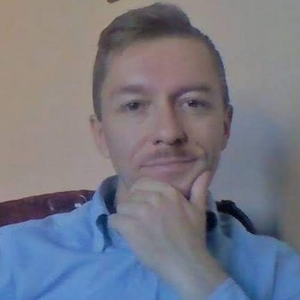Title : Will host genetics influence the response and risk of adverse reactions to SARS-CoV-2 vaccines Historical precedents
Abstract:
Recent advances in genomic and bioinformatic technologies have enabled the emergence of the field of immunogenomics. This intersection of immunology and genetics has expanded our understanding of how the immune system responds to infection and vaccination. While the immunogenetic basis of the enormous clinical variability in response to severe acute respiratory syndrome coronavirus 2 (SARS-CoV2) infection is now widely studied (including by our research group), the host genetic determinants of SARS-CoV-2 vaccines remain largely unknown. Previous reports have shown that vaccines may not protect all populations or individuals equally, leading to even severe adverse reactions in predisposed individuals, due to multiple host- and vaccine-specific factors. Several studies of vaccine response to measles, rubella, hepatitis B, smallpox, and influenza have highlighted the contribution of genetic mutations or polymorphisms in modulating innate and adaptive immunity after vaccination. Specifically, genetic variants in genes encoding viral receptors, antigen presentation, cytokine production, or related to immune cell activation and differentiation could influence how an individual responds to vaccination. Although such knowledge can be used to generate personalized vaccine strategies to optimize vaccine response, studies in this field are still scarce. Here we aim to briefly summarize the scientific literature related to the immunogenetic determinants of vaccine-induced immunity, highlighting the possible role of host genetics also in response to SARS-CoV-2 vaccines.
Keywords: SARS-CoV-2, COVID-19, vaccines, SNPs, host genetics, adverse effects
Audience Take Away
- From this presentation, it will be possible to learn how important immunogenetics is in the development and research of increasingly personalized, therefore more effective and safer vaccines. In fact, knowing more and more about individual response to vaccinations will increase the benefits while minimizing the risks of this important but sometimes dangerous and ineffective practice.



